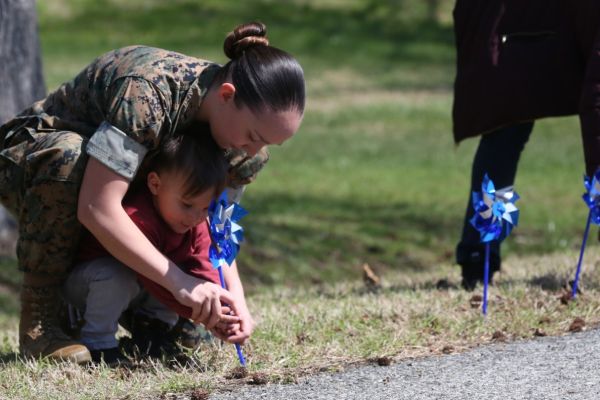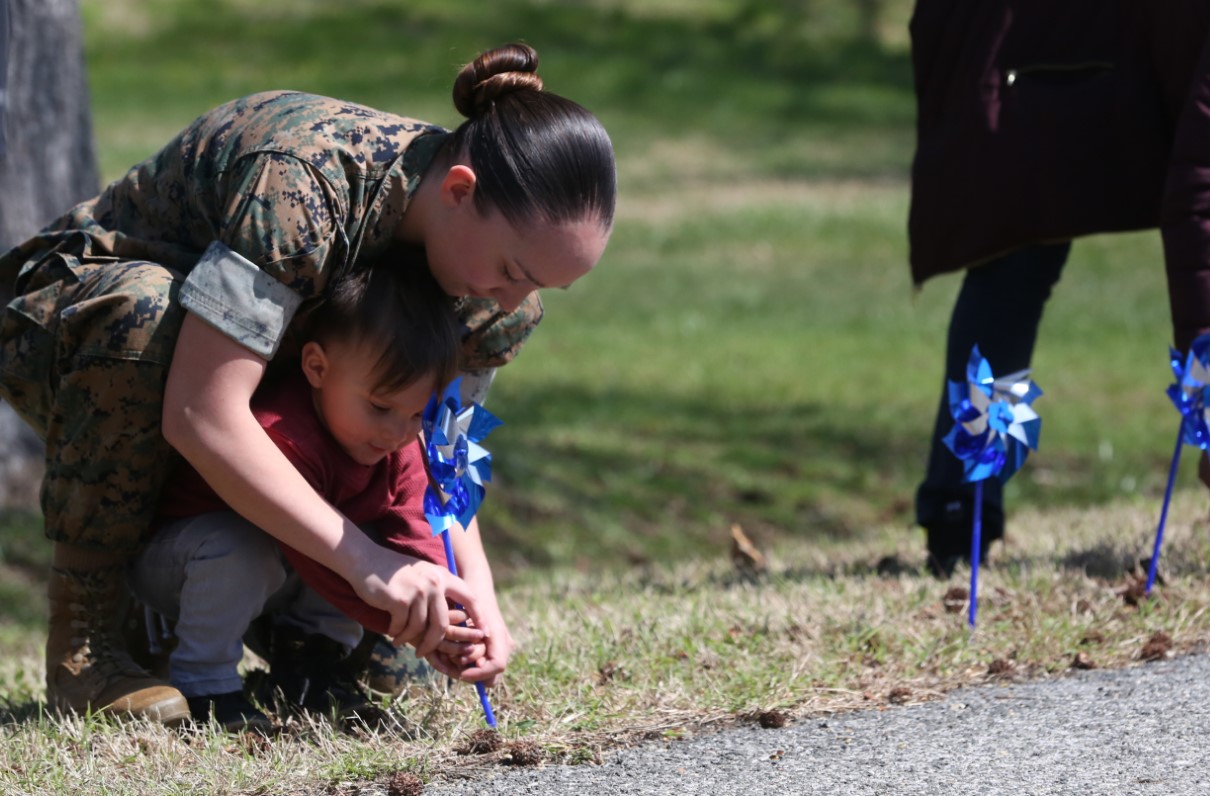
5 Ways This MOAA-Backed House Bill Will Help Military Families
| Resource Partners, Resources
By: Eryn Wagnon

MOAA has been working tirelessly to educate members of Congress on the issues military families face, with the goal of ensuring key military family priorities are considered for the National Defense Authorization Act (NDAA).
Earlier this year, MOAA also testified in front of the House Armed Services Personnel Subcommittee to highlight areas of improvement in the Exceptional Family Member Program and military family health care.
In response to concerns highlighted by MOAA and other military service organizations, Reps. Mac Thornberry (R-Texas) and Trent Kelly (R-Miss.) introduced H.R. 6489, The Military Family Readiness Improvement Act.
TAKE ACTION: Ask Your Lawmaker to Support H.R. 6489
Thornberry, the ranking member of the House Armed Services Committee, and Kelly, the ranking member of the House Armed Services Military Personnel subcommittee, intend to secure bipartisan support for this stand-alone bill to be rolled into the FY 2021 NDAA.
This robust bill addresses military family readiness from many angles. We break down the top five areas addressed in this MOAA-backed legislation:
Exceptional Family Member Program: MOAA has consistently drawn attention to the disparities in the Exceptional Family Member Program (EFMP). The legislation would require DoD to standardize the EFMP process across the military departments, from the identification and enrollment process to ensuring the seamless continuity of services — including health care services. DoD also would need to create performance metrics to address future gaps and harness best practices, including providing a dedicated EFMP attorney at certain installations.
MOAA also heard from military families about obstacles in securing Free and Appropriate Public Education (FAPE) for their children with special needs as they PCS. This legislation includes a GAO study to look at the scope of this issue and the number of due process cases military families enter in each school district.
Health care: As co-chair of The Military Coalition health care committee and member of the TRICARE for Kids Coalition, MOAA has actively advocated for improvements to health care coverage for military families, especially in key areas such as behavioral health and special needs. This bill would require DoD to reexamine their staffing needs for behavioral health and develop an action plan to use telehealth for behavioral health and similar disciplines so military families do not have to struggle to find covered services.
The bill would also require DoD to reexamine the Autism Care Demonstration project and standardize metrics used to measure the effectiveness of the project.
Additionally, this bill would provide increased oversight and tracking of the use of prescription opioids and guidance to limit the prescribing and supply of opioids in military treatment facilities.
Child care: Affordability and availability of child care is a nationwide issue exacerbated by the military lifestyle. This bill would require DoD to expand child development centers to 24-hour service, where feasible, to provide continuity of care when servicemembers work on rotating shifts. The legislation would also require DoD to review the efficacy of their revised priority system and stipend used for military child care.
Education: Recognizing health and wellbeing is an important aspect to a well-rounded education for military children. The bill would require the Department of Defense Education Activity to furnish a report on the health, resiliency, and nutrition curriculum taught in defense schools. The report would also require an evaluation of student performance outcomes as measured by the National Assessment of Educational Progress and evaluation of the effectiveness of the military School Liaison Officers program.
Military spouse employment: Congress recognizes military spouse unemployment and underemployment are still an ever-present issue. This bill seeks to create an internship pilot program to give military spouses on-the-job training to streamline them into national security jobs in high demand. The intent is to provide military spouses with the essential training and experience needed for these well-paying, portable job opportunities.
MOAA continues to work with the Senate Finance Committee and House Ways and Means committee to include military spouses as a target group for the Work Opportunity Tax Credit.
Get involved! MOAA is proud to endorse H.R. 6489, which includes many of our key legislative priorities. Tell your members of Congress to support the all-important Military Family Readiness Improvement Act.





Leave a Reply